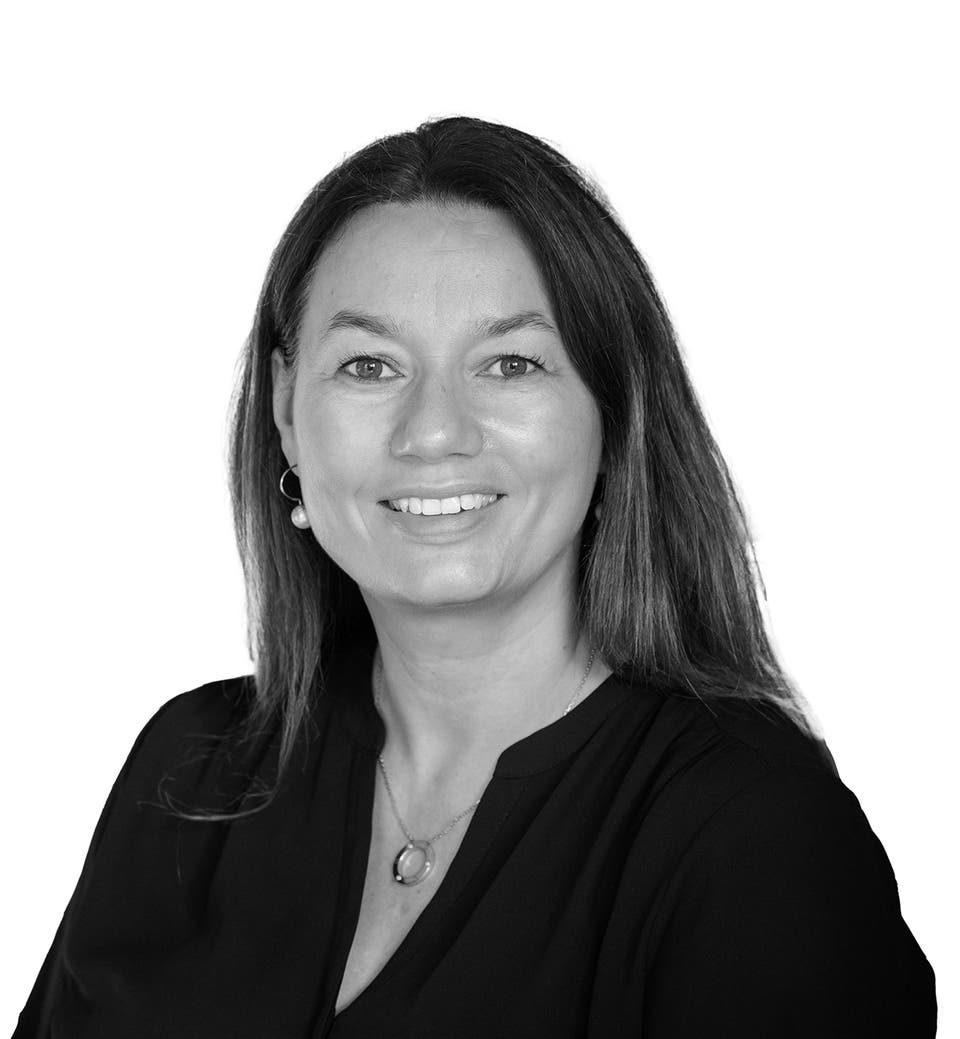We can all agree that diversity has been proven to boost business success. Research confirms that if women play an identical role in labour markets to that of men, as much as $28 trillion, or 26%, could be added to global annual GDP by 2025. A stumbling block to achieving this is unconscious bias – the social stereotypes about certain groups that individuals form outside their own conscious awareness. According to the University of California, unconscious bias is far more prevalent than conscious prejudice and often incompatible with one’s conscious values.
Unconscious bias seeps into decision making on a daily basis, and when it comes to marketing and marketing campaign content, it can be an issue. According to iProspect research amongst marketers, 93% believe that inclusive marketing is important as a moral imperative and/or for the business potential it represents. But less than one in five ads feature plus-size individuals and disabled people.
Additionally, the Geena Davis Institute on Gender in Media analysed Cannes Lions Film Craft advertisements from 2018 and noticed that male characters were twice as likely as women to be shown working, white characters were more likely than characters of colour to be depicted as having an occupation, and characters with disabilities made up fewer than 1% of characters.
These numbers are not acceptable which is why dentsu joined the SeeHer coalition, spearheaded by the Association of National Advertisers (ANA) in the US. Its aim is to achieve the inclusive and true representation of women and girls in advertising and media. This includes the development of a gender equality index to help members identify unconscious bias - provided to the industry as an open source. It has become the global industry standard for measuring gender bias in ads and programming – the Gender Equality MeasureTM score. The results are powerful. Ads with positive GEMTM scores drive purchase intent by 26% among all consumers and 45% among women, and brand reputation rises 11%.
What’s also encouraging is initiatives such as The List, the group of 30 marketing, advertising and media leaders, assembled by Ad Age in partnership with Facebook, are now tackling the industry’s talent crisis by addressing diversity and unconscious bias. In fact, the marketing sector has the potential to be a global trailblazer in fighting unconscious bias through education, internal programmes and partnerships. An exciting possibility. Now watch this space.



